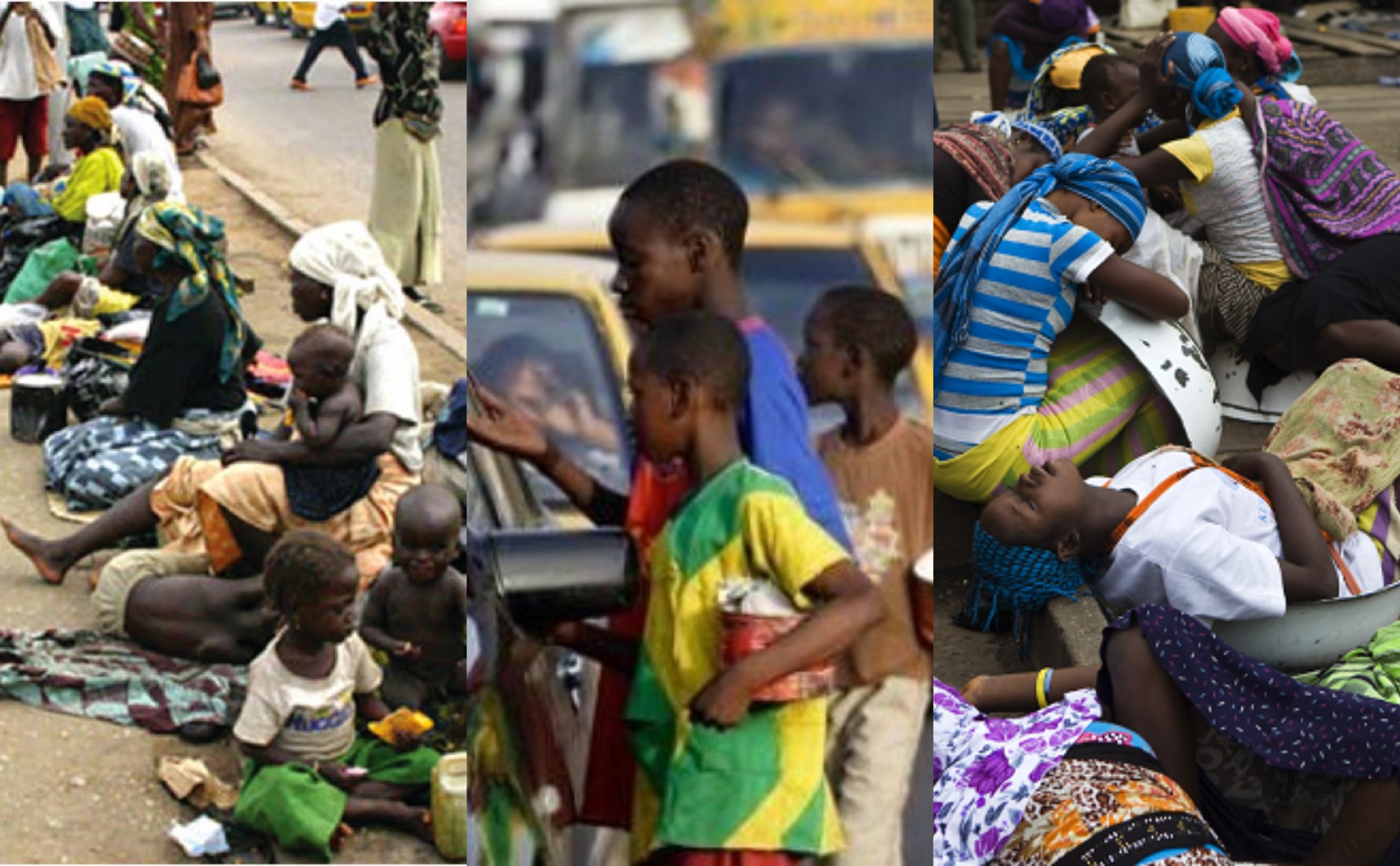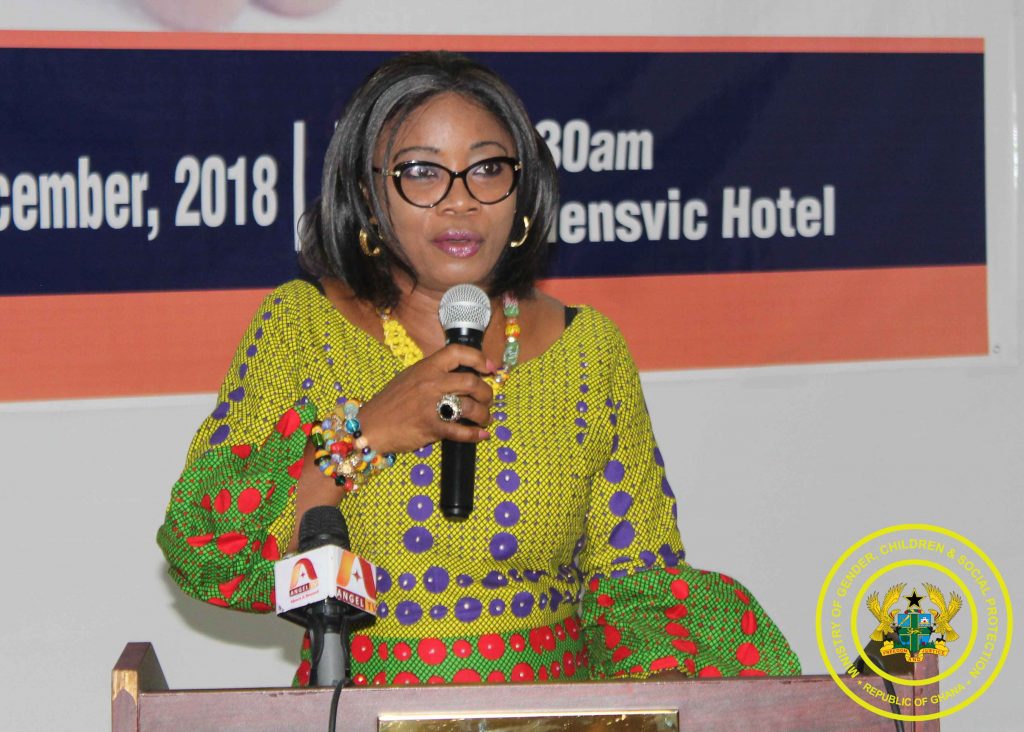Published
5 years agoon
By
Frimpong
The Ministry of Gender, Children and Social Protection has expressed worry about the current high prevalence of child beggars and street children in the country and has consequently rolled out programmes to ensure that they are completely cleared from the streets.
Gender, Children and Social Protection Minister Cynthia Mamle Morrison attributed the increasing numbers of child beggars on the country’s street to the weakened extended family values and governance systems which are increasingly unable to protect and provide for children and care for these vulnerable people.
The sector Minister was speaking on the floor of Parliament on Thursday in response to a question by the Member for Afigya Sekyere East Mavis Nkansah-Boadu who sought to know if there are measures by the Ministry to liaise with the National Security Ministry to get these children off the streets.

She stressed that Government has been consistent in strengthening social welfare programmes that provide preventive and responsive child protection services with emphasis on the implementation of strategies and programmes to reduce poverty and vulnerability.
The Ministry, in collaboration with National Security, has accordingly unveiled plans to get these children beggars off the streets of Accra and other parts of the country. One such programme, Operation Get off the Streets for a Better Life, initiated in 2017, was aimed at identifying the number of persons on the streets, profiling and integrating them with their parents, caregivers, families and community ensure that they are completely cleared from the streets.
The programme was also intended to ensure that every citizen of Ghana had improved access to quality social services and livelihood activities to reflect both international and national obligations such as the achievement of the Sustainable Development Goals (SDG), most importantly Goal 1, 2 and 5.
It also involved the sensitization of the public and the intended target group, mapping of hotspot areas and identification of shelters across the regions, data collection, management and analysis, re-integration activities of children of school going age, skills training and sending persons with disability to rehabilitation centres.
The programme has also been linking persons on the street to technical and vocational institutions to acquire skills for employment, job creation to employable interventions, reunited with their families or sent to the social welfare centre in Madina where some were reintegrated back to their families, with others opting to learn a trade or sent to normal schools.
Unfortunately some of these children taken off the streets have returned to the streets, occupying medians and traffic intersections of some busy streets.

























